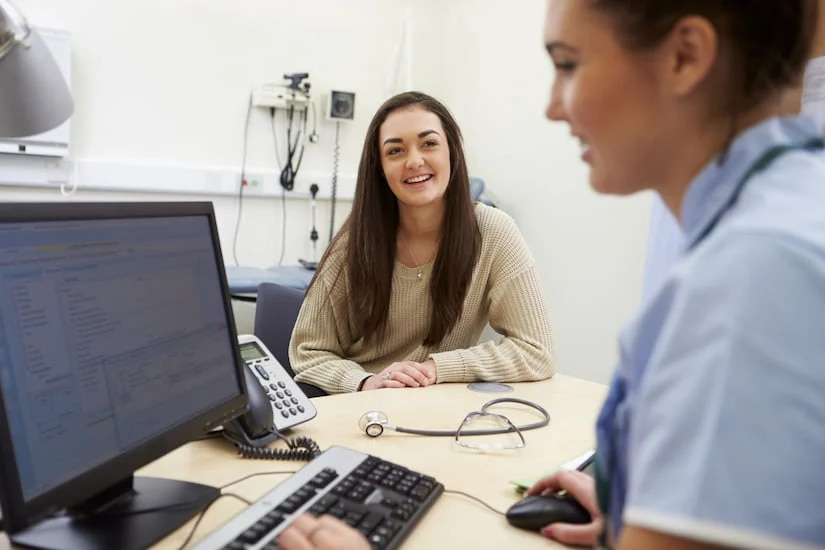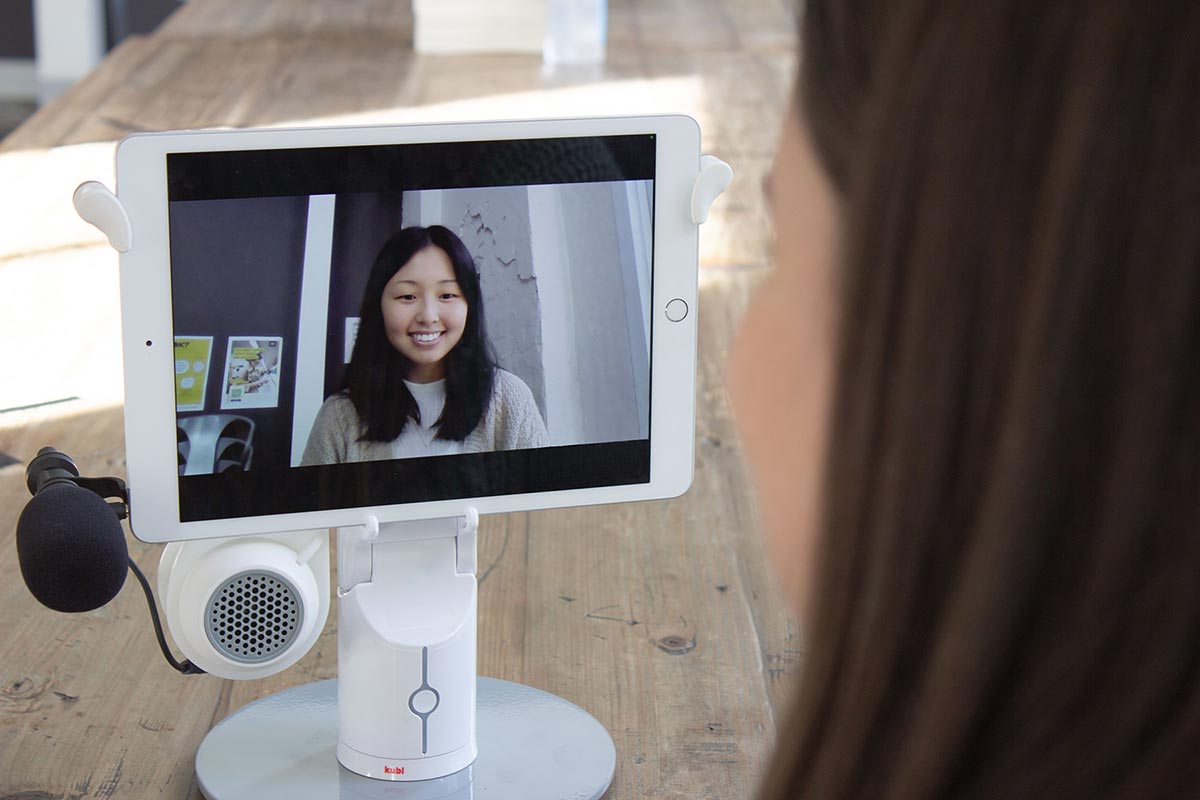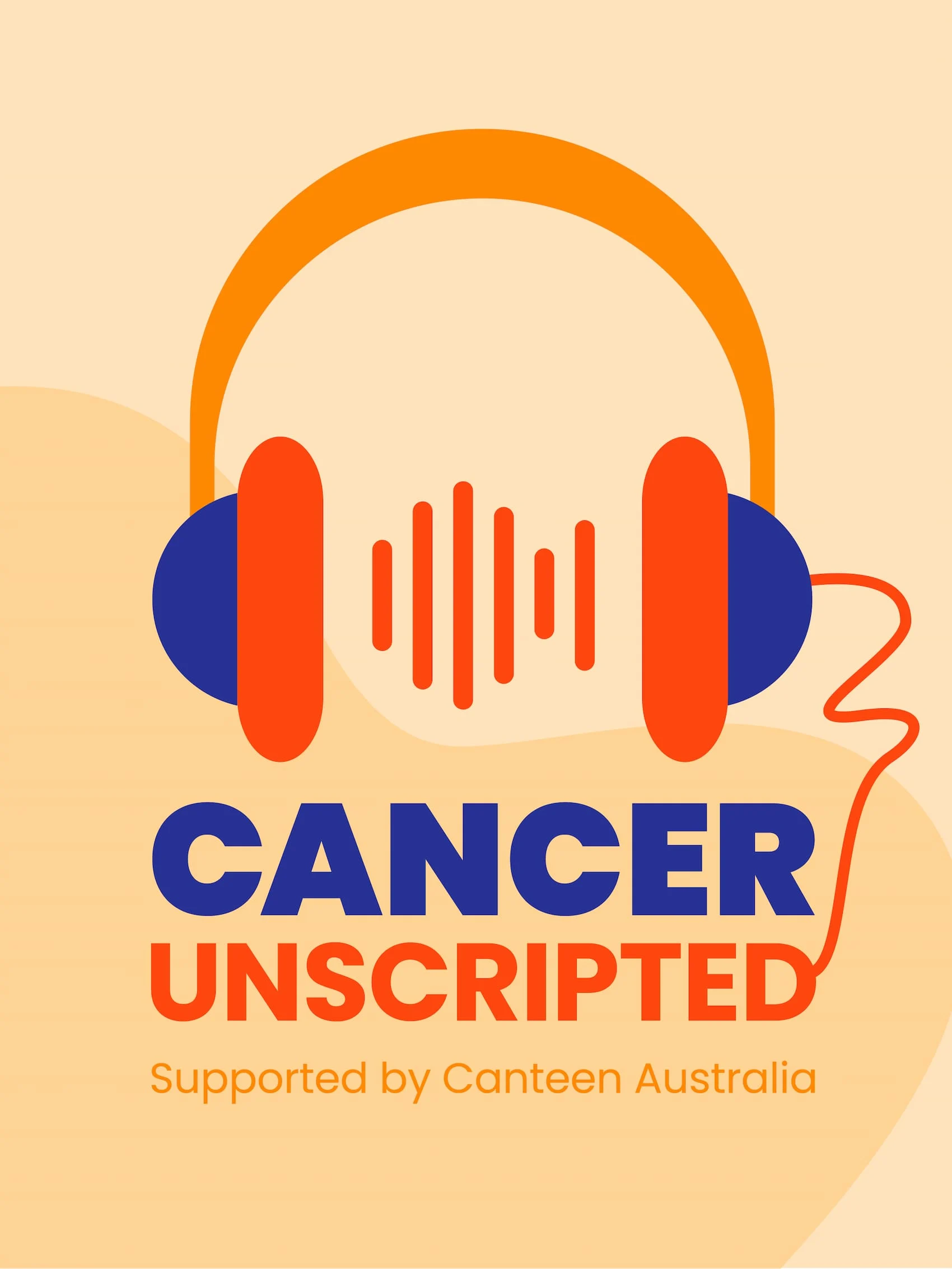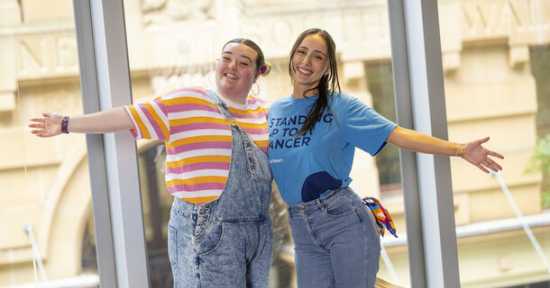What are urinary tract cancers?
The urinary tract is the body’s drainage system that removes urine. The urinary tract includes the kidneys and the bladder.
The bladder is a hollow, muscular, balloon-like organ that collects and stores urine in the lower part of the abdomen. Our kidneys produce urine, which is carried to the bladder by thin tubes called ureters. The bladder stores and passes urine.

Specialist treatment and support for young people diagnosed with a urinary tract cancer
Specialist treatment and support for young people with cancer aged 15-25 is provided by the Youth Cancer Services (YCS) based in major hospitals throughout Australia. Canteen also offers events and other support for young people with cancer.
Types of urinary tract cancer
There are two main types of urinary tract cancer: bladder cancer and kidney cancer.
Bladder cancer
Bladder cancer occurs when abnormal cells grow in the lining of the bladder. Almost all (80 to 90%) cases of bladder cancer are urothelial carcinoma, also known as transitional cell carcinoma. It starts in the urothelial cells that line the inside of the bladder.
Other rare types of bladder cancer include:
- Squamous cell carcinoma
- Adenocarcinoma
Visit the Cancer Council website for more information about the causes, symptoms, diagnosis and treatment of bladder cancer.
Kidney cancer
Kidney cancer occurs when abnormal cells grow in the kidney. Almost all (90%) of kidney cancers are renal cell carcinoma, also called renal adenocarcinoma.
Other less common types of kidney cancer include:
- Urothelial carcinoma
- Wilms tumour
Wilms tumour, also known as nephroblastoma, is the most common type of kidney cancer in children. It is most common in children aged under five.

When cancer’s in your life, Canteen is in your corner.
Cancer affects everyone differently. That’s why Canteen provides a wide range of support services to help you overcome the specific challenges you’re dealing with.
Whether you’re dealing with your parent’s cancer, a brother or sister’s cancer or your own diagnosis, we have got your back. We also have newer services specifically for parents too.













